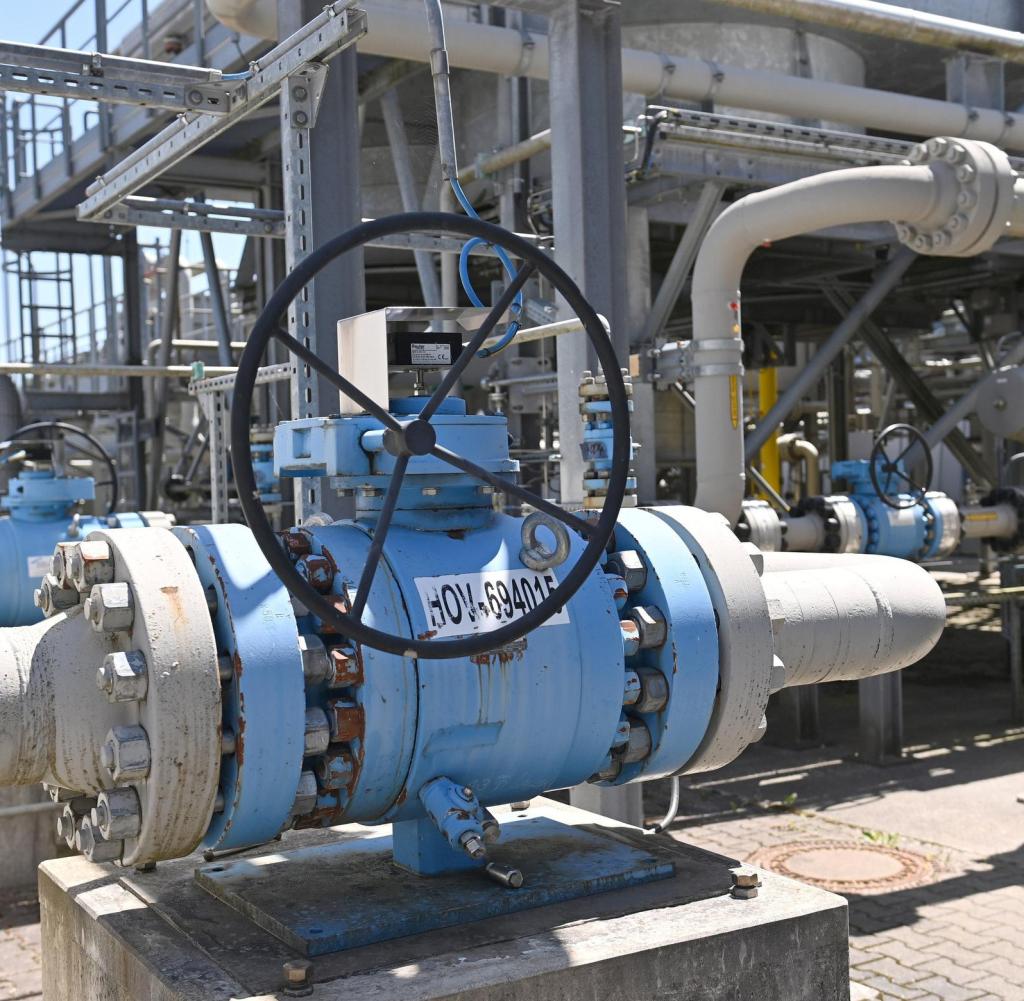The traffic light coalition agrees on a new green electricity package
“The failure of the energy transition is not an option”
Economy and Climate Protection Minister Robert Habeck described the planned area targets for wind turbines as “milestones” for a faster expansion of renewables. “The expansion must be accelerated,” said the green politician.
By 2030, 80 percent of the electricity in Germany will be covered by renewable energies. The ruling parties have now agreed on a package of laws that they believe should lay the groundwork for this goal.
yesThe PD, the FDP and the Greens have reached an agreement on the pending issues related to the legislative package presented by the Federal Minister for the Economy, Robert Habeck (Greens), to expand green electricity. “With this comprehensive package, we are creating the basis for a climate-neutral energy supply in Germany,” SPD parliamentary group leader Matthias Miersch said in Berlin on Tuesday. “With this reform we are creating the best EEG Germany has ever had,” explained FDP energy expert Michael Kruse.
The new law, which will now be finally discussed in the Bundestag, foresees a significant increase in the expansion targets for solar and wind energy. In the future, the expansion will be declared by law as “of superior public interest”, which will simplify the approval process. Each country should have about two percent of its land area available for wind power. By 2030, 80 percent of the electricity in Germany will be covered by renewable energies. Hydroelectric power should also contribute to this. The EEG surcharge, which has already been suspended, will be abolished.
“Since the introduction of the Renewable Energy Sources Law in 2000, we have never taken such a big step in expanding renewable energy,” Miersch emphasized. “We are becoming independent of oil and gas imports in the energy supply and thus guaranteeing greater energy security,” explained the SPD politician. Miersch noted that the two percent target for onshore wind power will be binding for all federal states in future. If this is not achieved, the distance rules for wind turbines that apply there may be abolished.
“We are expanding renewable energy at a rapid rate,” explained Kruse. “At the same time, we secure the cheapest renewable electricity that has ever existed.” Kruse noted that the FDP had pushed for an “exit from the permanent renewable energy subsidy” in the negotiations. Under the coalition agreement, funding for new plants should end as soon as the coal phase-out is complete, “ideally” in 2030. “The energies of freedom are not only worthwhile ecologically, but also economically,” Kruse explained.
The expansion of green electricity is seen as crucial to achieving Germany’s climate goals. According to the current timetable, the Bundestag will approve the legislative package this week.
Cabinet approves law to rescue public service companies
The Federal Cabinet also approved the draft reformed Energy Security Law on Tuesday. As was to be expected, the ministers approved the rules in the so-called circulation procedure, which, among other things, should allow the rescue of suppliers in difficulties in the gas crisis. In addition, the law authorizes the government to allow rapidly rising prices to be passed through quickly through a pay-as-you-go system. The law also gives them carte blanche to specify lower ambient temperatures to save energy. The Bundestag and the Bundesrat should agree on Friday, which is considered safe.
This means that the law can be passed before the planned closure of the important Nord Stream 1 pipeline. Maintenance of the pipeline is scheduled for 10 days from July 11. However, there are fears this could take longer due to tensions with Russia or ultimately no gas will be piped.

Introvert. Beer guru. Communicator. Travel fanatic. Web advocate. Certified alcohol geek. Tv buff. Subtly charming internet aficionado.
